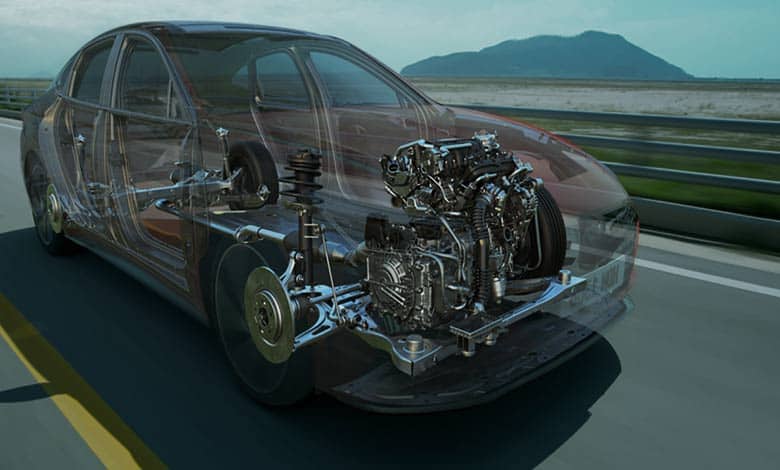
In 1874, Jules Verne wrote, “Water will be the coal of the future!” So why can’t we use water for automobiles? It was a beautiful vision, and he ran into some legal trouble. In the late 2000s, the internet was inundated by simple kits that promised to transform your car into a “water-burning hybrid” and increase your fuel economy by 300 percent. That same year, Genepax began marketing a water-powered car they claimed would save the world from global warming.
However, these prototypes ran into a teeny-tiny problem: the first law of thermodynamics- energy cannot be created or destroyed. Water itself is not a source of energy. While water can be split into its constituent elements, hydrogen and oxygen, through electrolysis, it requires energy input to do so.
This energy input often comes from electricity, typically from other sources such as fossil fuels or renewable energy. Therefore, water-powered cars are not truly “water-powered” but rather “hydrogen-powered” or “fuel cell-powered” cars. So what’s the problem with water-powered vehicles?
Why don’t we use water-powered cars? (Scientific explanation)
Water is not a fuel, similar to CO2, and it’s only the product of a natural fuel combusting. But water still carries energy locked up in its bonds, and Mayer’s invention, like many others, is based on splitting these bonds in a process called electrolysis. By separating the hydrogen and oxygen molecules in water, the hydrogen can be used as fuel and fed back into the engine or the fuel cell if it’s an electric car.
Even better, this consumed hydrogen only produces water as waste. A super clean, zero-emissions fuel attached to zero guilt. Because water is very stable, splitting it up requires more work than it’s worth, like climbing up a steep slide.
Mayer thought he’d figured out an easy way to do it, with far less energy wasted than a standard electrolytic cell, but what he created consumed more energy than it produced. That is the main reason for hydrogen cars flopped. There are 3 main reasons to avoid water-powered cars:
- Less efficiency: Water-powered cars consume more energy than they produce.
- Water-powered cars are not green energy or have many environmental side effects.
- The water-powered engine is costly.
The electrolysis process to separate water into hydrogen and oxygen is not very energy-efficient. It requires significant electricity and energy losses during the conversion process. These energy losses reduce the overall efficiency of water-powered or hydrogen-powered vehicles compared to other energy sources such as gasoline or electricity.
After decades of research, water electrolysis has not proven a viable way to produce hydrogen fuel. If we can’t get hydrogen fuel from water, it’s not clean energy. Currently, only 4% of all hydrogen produced comes from water electrolysis, some of which is generated by renewable electricity. The rest mostly comes from fossil fuels.
Hydrogen gas is highly flammable and requires careful handling and storage. Ensuring the safe storage, transportation, and utilization of hydrogen fuel poses technical challenges that must be addressed for widespread adoption.
Still, some scientists are desperate to make hydrogen energy sustainable. In recent years, efforts have more than doubled the efficiency of water electrolysis. In turn, researchers at Stanford claim they’ve figured out a way to generate hydrogen fuel using solar power and saltwater.
So who knows, maybe there’ll come a day when you can only pull over to the side of the road and fuel up on the ocean. But until then, maybe try to ride your bike or take the bus as much as possible!
What would it be if you could power your car on anything imaginable? Let me know in the comment section below, or tell me what I should discuss next.
Read more similar topics:
Is It Possible To Use Water As Fuel In The Future?
Why Can Tesla Sell Direct To Consumers?
How To Build An Engine Run On Water As Fuel?
References:
Edwards, Tony. “End of road for car that ran on Water.” The Sunday Times. Times Newspapers Limited.
State of New Jersey Department of Law and Public Safety.
“Sri Lanka – Water car story didn’t hold water.” Daily Mirror.
“The Truth About Water-Powered Cars: Mechanic’s Diary.” Popular Mechanics.
